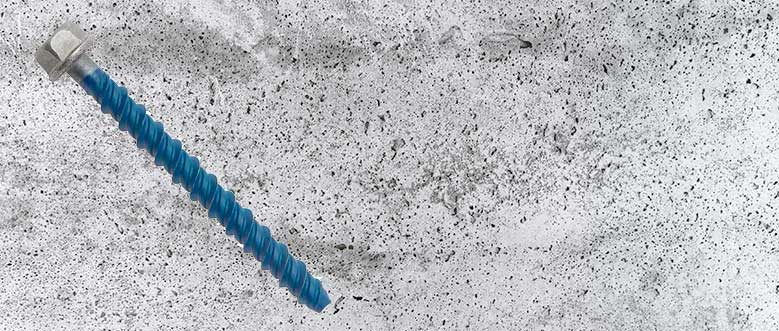Durable Washers for Enhanced Performance and Longevity in Applications
Nov . 29, 2024 16:04 Back to list
Durable Washers for Enhanced Performance and Longevity in Applications
Understanding Hardened Washers Types, Uses, and Benefits
Hardened washers are specialized fastening components designed to withstand high levels of stress and wear. Made from materials that have been treated through heat or other processes to increase their hardness, these washers play an important role in various applications across different industries. From automotive to construction, hardened washers are recognized for their durability, strength, and functionality.
One of the primary functions of hardened washers is to distribute the load of a fastener, like a bolt or screw, over a larger area. This action minimizes wear and tear on the surface being fastened and prevents damage to the integrity of the material. In applications where high levels of pressure or stress are present, traditional washers may fail, leading to loosening bolts and potential component failure. Hardened washers are engineered to resist these conditions, ensuring a more secure and reliable connection.
There are different types of hardened washers, each tailored for specific uses. Flat hardened washers are the most common type; they provide a stable base for fasteners and help to reduce friction. Spring washers, on the other hand, are designed to absorb shock and maintain tension in bolted connections, which is crucial in dynamic environments. Additionally, there are also lock washers that prevent loosening by creating friction.
hardened washers

The materials used in the production of hardened washers are varied and include steel, stainless steel, and alloy metals. The choice of material often depends on the specific application and the environment in which the washer will be used. For instance, stainless steel hardened washers are preferred in corrosive environments due to their resistance to rust and oxidation. In contrast, carbon steel washers can offer high strength at a lower cost, making them suitable for general applications.
One of the benefits of using hardened washers is their ability to enhance the longevity of mechanical assemblies. By reducing wear between components and providing a stable connection, these washers can significantly extend the life of machinery and structural elements. This reduces maintenance costs and downtime, which is particularly valuable in industrial settings where operational efficiency is critical.
Moreover, hardened washers can also improve the overall safety of mechanical assemblies. When connections remain secure under stress, the likelihood of catastrophic failures decreases, which can protect both workers and equipment. This makes the use of hardened washers not only a practical choice but also a wise safety measure in industries such as construction, manufacturing, and automotive engineering.
In conclusion, hardened washers are essential components in a variety of applications that require secure and durable fastening solutions. Their ability to withstand significant stress while protecting the integrity of the materials they bind makes them an invaluable addition to mechanical assemblies. Whether used in domestic appliances, heavy machinery, or critical structural applications, understanding the types and benefits of hardened washers can help engineers and manufacturers make informed choices that enhance safety and reliability in their projects. As industries continue to evolve, the importance of using high-quality, durable components like hardened washers will remain a key factor in maintaining the efficiency and longevity of machinery and structures.
Latest news
-
High-Quality Panel Stud Bolt Reliable Panel Stud Bolt Factory & Suppliers
NewsJul.08,2025
-
High-Precision Fine Thread Locknuts Manufacturer & Supplier Custom Solutions
NewsJul.08,2025
-
PH Imperial Stud Bolt – High Strength Fasteners from Leading Supplier & Factory
NewsJul.07,2025
-
High-Quality Allen Wrench Bolts Leading Factory, Company & Suppliers
NewsJul.07,2025
-
Wholesale Ball Stud Bolt - High Quality Supplier & Factory Price Reliable Wholesale Ball Stud Bolt Company
NewsJul.06,2025
-
High-Strength Alloy Bolts Manufacturer & Supplier Quality Alloy Fasteners Factory
NewsJul.06,2025
